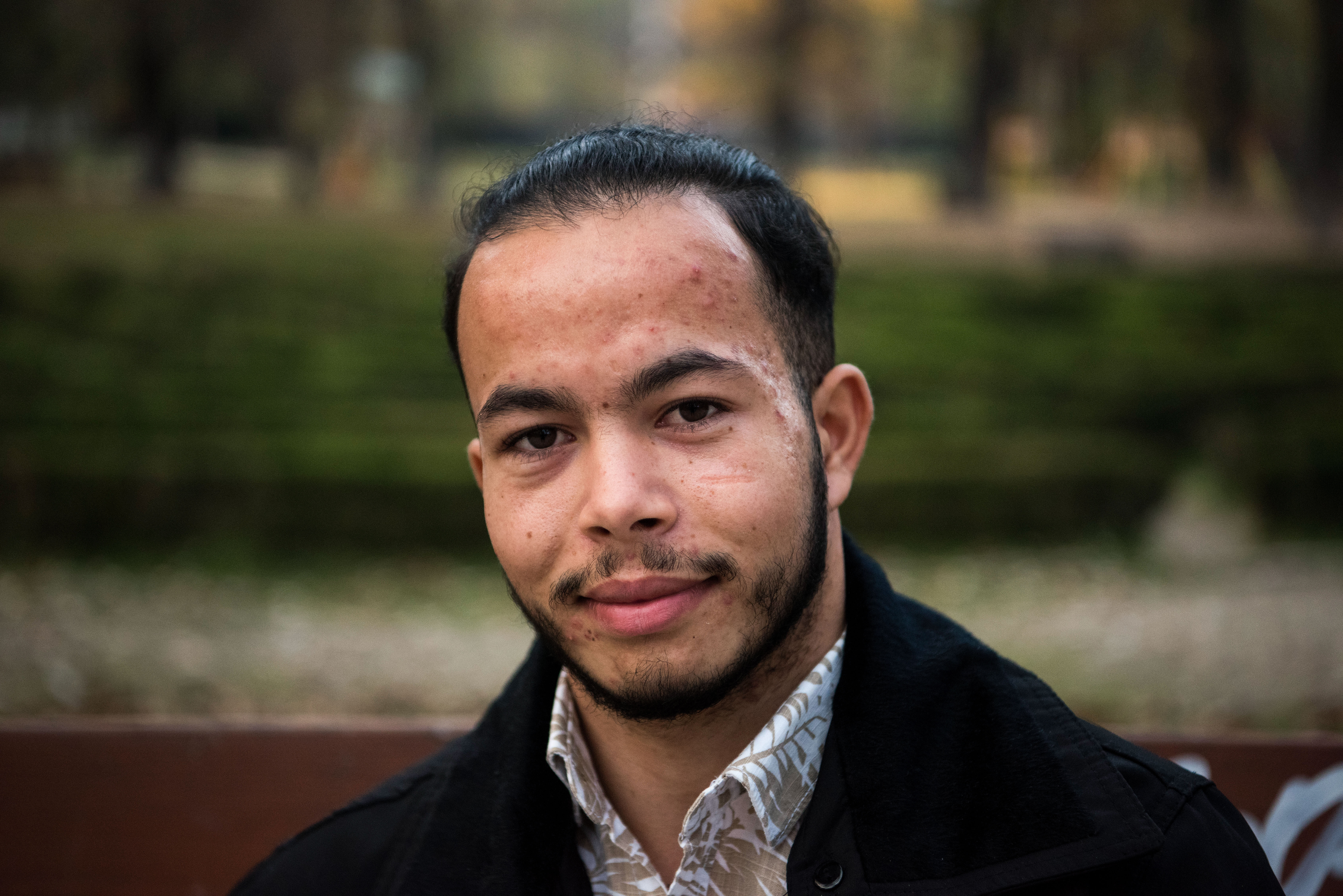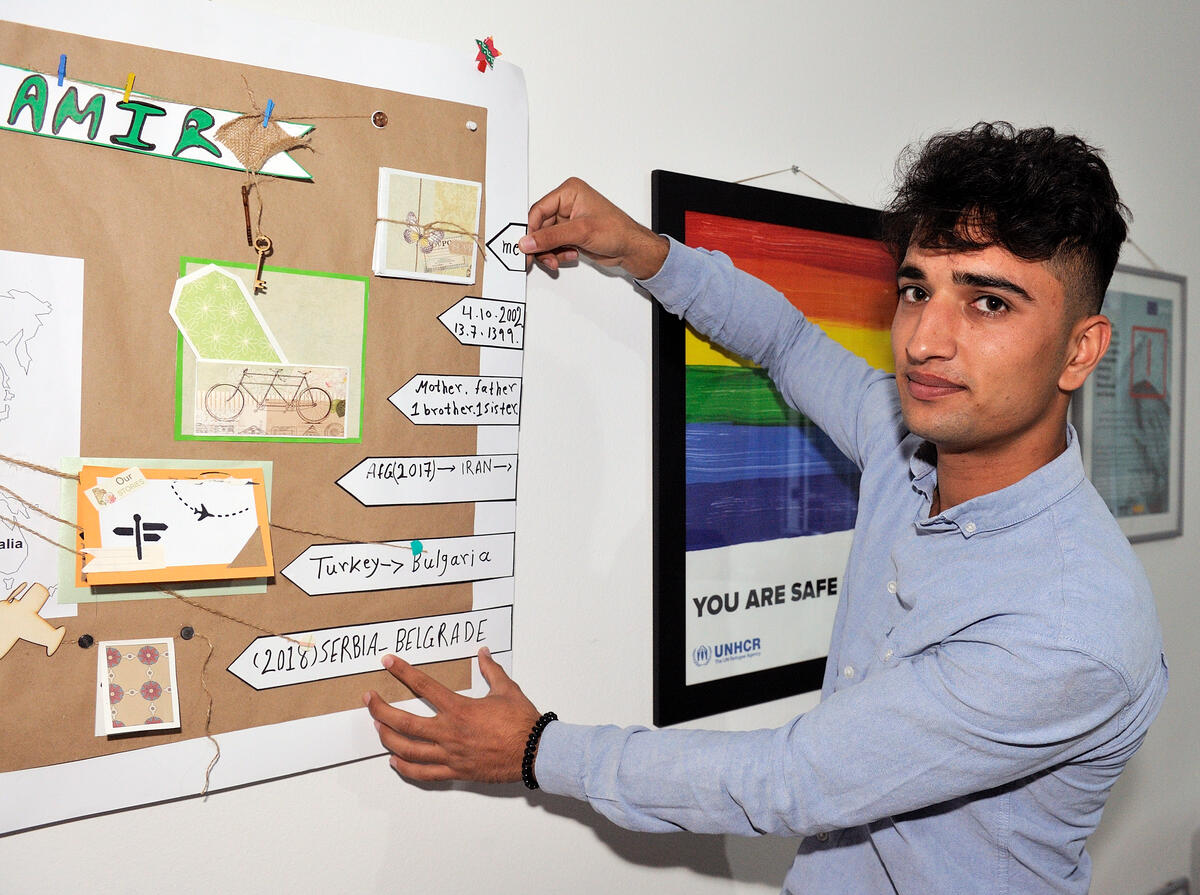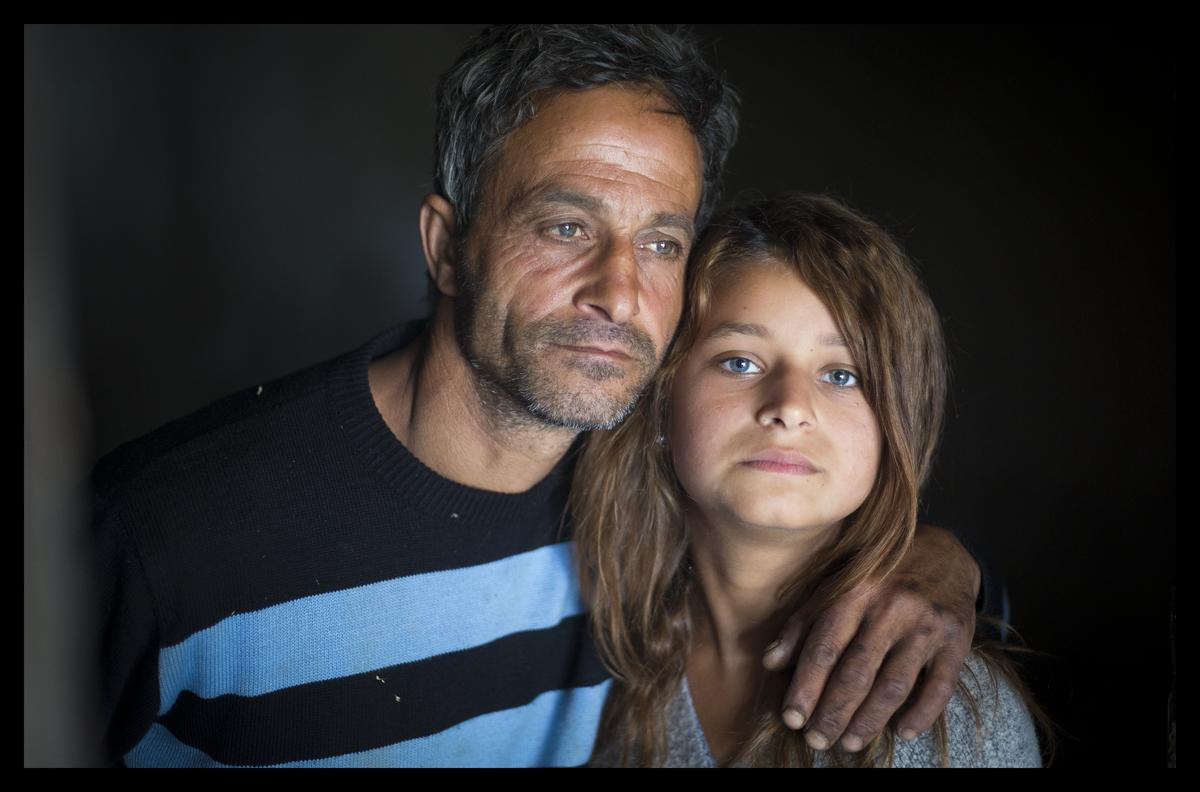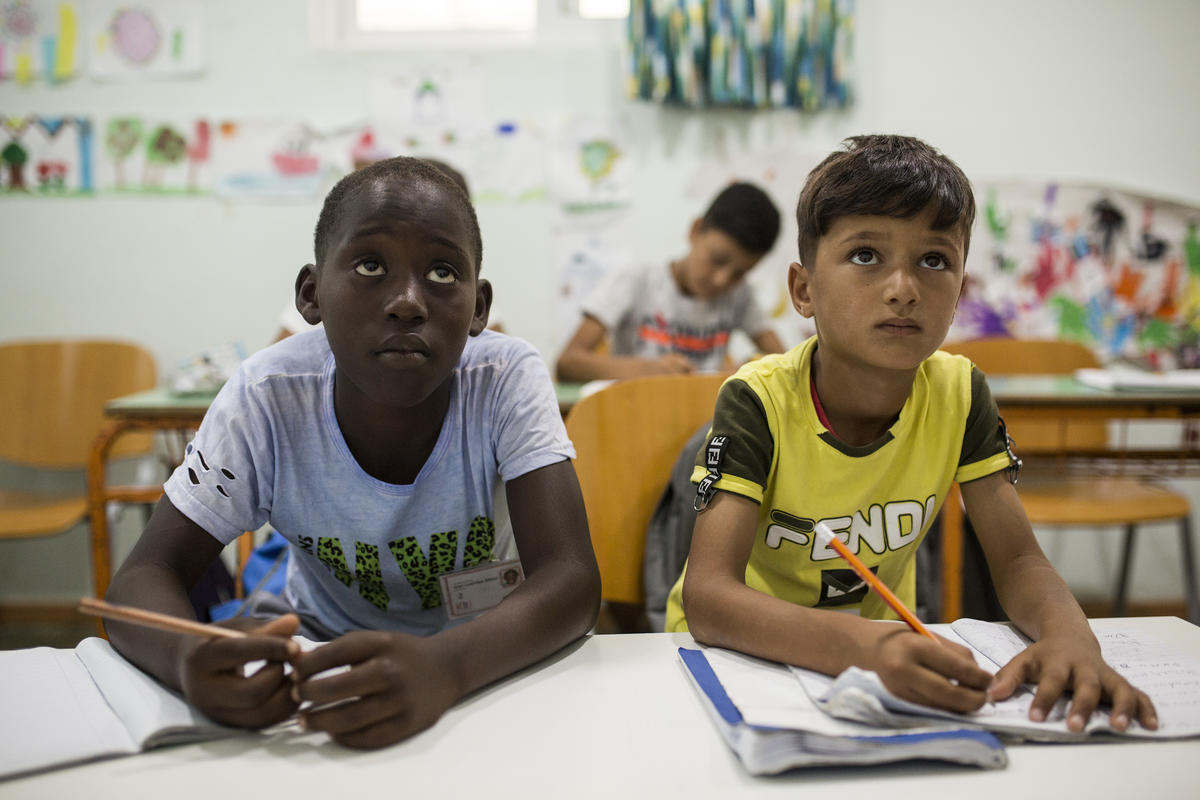Kosovo Crisis Update
Kosovo Crisis Update
Winterization
Even as UNHCR and its partners attempt to cope with the onset of summer in the asylum countries in the Balkans, plans are being made for the coming winter.
UNHCR hosted a meeting in Geneva on Tuesday to discuss winterization issues. The meeting included representatives from U.N. agencies, the European Commission Humanitarian Office, the European Union, the World Bank, the International Management Group and the European Bank for Reconstruction and Development.
In Albania, a team composed of engineers and consultants is working on plans for the winter months. It is attached to the emergency management group headed by UNHCR in Tirana and includes representatives of various agencies. Similar planning is going on in Skopje.
UNHCR has purchased winterized tents in Pakistan and the first shipments are to be made to the region next month.
Albania
Around 300 people slipped into the Morini crossing on Monday despite continuing clashes between Serbian forces and the Kosovo Liberation Army in Kosovo. NATO airstrikes also continued on the Kosovo side.
Several stray rockets from Kosovo hit Krume, a town about 25 kilometres north of Kukes, on Monday. There were no immediate reports of casualties in the area, which hosts about 2,000 refugees - 1,000 in a camp, 600 in collective centres and the rest in host families.
A UNHCR team went to Krume on Tuesday to look into the situation there. UNHCR transported around 50 people over the weekend from Krume to camps in the south.
The transfer of refugees from Kukes because of security concerns continued on Monday, with about 2,000 moving south. The number includes several hundred who went on NATO trucks to camps in central and southern Albania.
FYR of Macedonia
In a sudden change in policy, the Serbian border police are only allowing people with valid papers to leave for the FYR of Macedonia. As a result of this new move, on Monday, Serbian police turned back 64 refugees who arrived at the Jazince border on a bus from Gnjilane and a family of seven.
For a week last month, more than 30,000 people were brought to the border on trains and buses in a renewed wave of expulsions from Kosovo.
Most of the 331 people who entered the FYR of Macedonia on Monday came through the mountain passes. Several dozen with valid papers were let in through the official crossings, including 16 who entered through the main immigration control at Blace. In some of the cases, UNHCR had to intervene before the refugees were allowed into Macedonian territory.
The refugees from Gnjilane reported a significant increase in the harassment and expulsion of Kosovars, including the detention of young men and targeting of intellectuals. They said that 16 children wounded in an explosion this week were unable to get medical treatment. They said there were no Albanian doctors available and Serbians were refusing admission to Albanians in hospitals. They said hospitals were filled with wounded Serbian police and soldiers. They also reported food shortages and that Serbian shops were refusing to sell to Albanians.
In a meeting with defense officials in Skopje, UNHCR reviewed operations in the FYR of Macedonia since refugee arrivals increased in April. UNHCR has spent the equivalent of $15 million in the country. The figure excludes food purchases by WFP, but includes payroll for local staff and the cost of other goods and services. It also includes $3.5 million paid to the government for the construction of camps.
Meanwhile, work has begun at the new camp site at Vrapciste following an agreement with the Ministry of Urban Planning and Construction. Work will proceed in three phases. Initial construction will include camp roads and latrines and the setting up of water bladders and 50 tents. The camp is expected to hold up to 6,000 refugees.
Republic of Montenegro
More than 1,500 people from Kosovo entered Montenegro over a four-day period last week. Most of them arrived at the border town of Rozaje by bus from Kosovska Mitrovica, a key town in northern Kosovo. Refugees say Serbian forces have been emptying the town which used to have a population of around 70,000 people.
People arriving at Rozaje proceed immediately to Ulcinj, where facilities are being improved to accommodate new arrivals from Kosovo. Tension has been reported in border areas following the takeover by the Yugoslav army of border control last month.
Because of increased military activity in Rozaje, UNHCR has been moving displaced people arriving there to Ulcinj.
The delivery of relief aid is continuing despite difficulties at the border. UNHCR Belgrade has received approval for the shipment to Podgorica of 1,000 mattresses, 40 rolls of plastic, 20 rolls of window plastic, 100 stoves and 10 boxes of forks and knives.
UNHCR-IOM Humanitarian Evacuation Programme
A total of 1,102 refugees in the FYR of Macedonia left on Monday under the humanitarian evacuation programme, bringing the overall departures to 72,988. Destinations were Austria, France, Germany, the Netherlands, Norway, Sweden and Switzerland.
UNHCR has received offers for 137,000 places in 40 countries for the programme.








